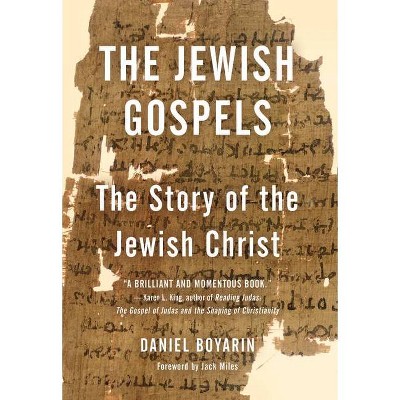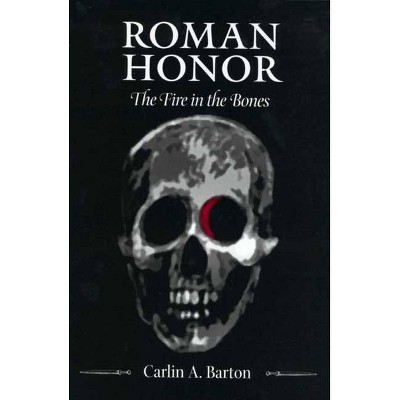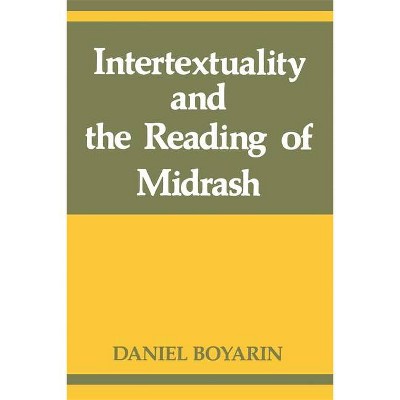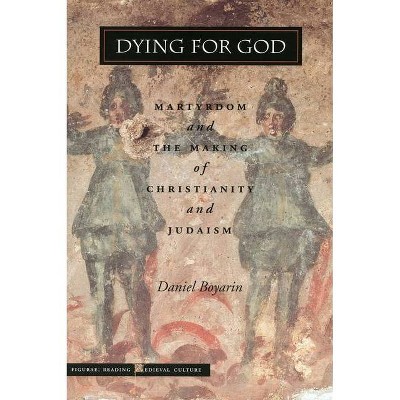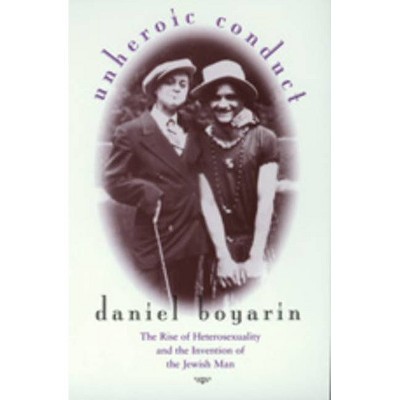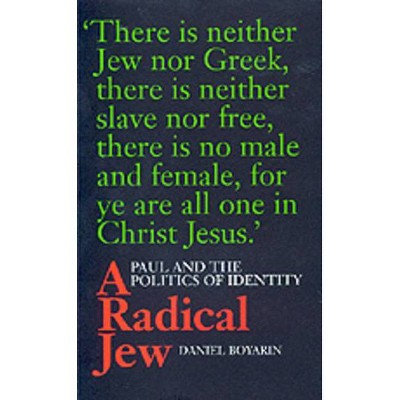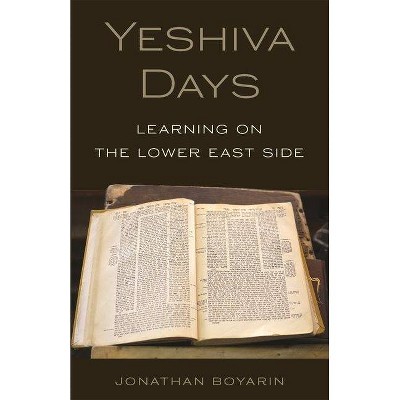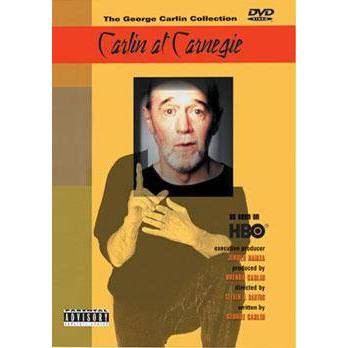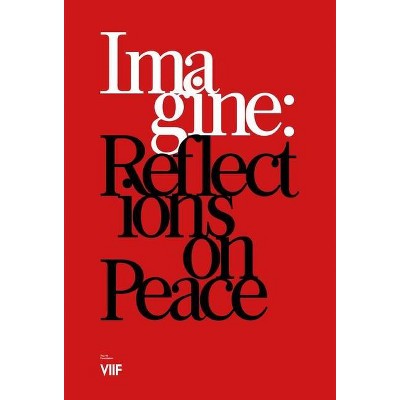Imagine No Religion - by Carlin A Barton & Daniel Boyarin (Paperback)
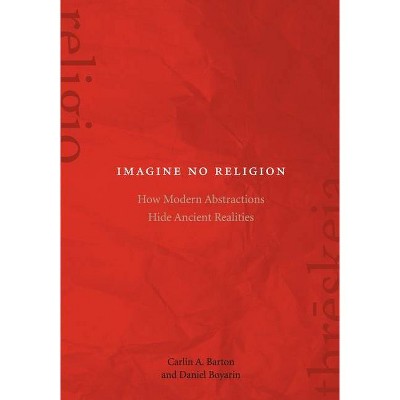
Similar Products
Products of same category from the store
AllProduct info
<p/><br></br><p><b> About the Book </b></p></br></br>A study of ancient Latin and Greek words frequently translated religion with a view to showing how such mistranslation seriously obscures our understanding of those cultures including their Jewish and Christian versions.<p/><br></br><p><b> Book Synopsis </b></p></br></br>What do we fail to see when we force other, earlier cultures into the Procrustean bed of concepts that organize our contemporary world? In Imagine No Religion, Carlin A. Barton and Daniel Boyarin map the myriad meanings of the Latin and Greek words religio and thrēskeia, frequently and reductively mistranslated as "religion," in order to explore the manifold nuances of their uses within ancient Roman and Greek societies. In doing so, they reveal how we can conceptualize anew and speak of these cultures without invoking the anachronistic concept of religion. From Plautus to Tertullian, Herodotus to Josephus, Imagine No Religion illuminates cultural complexities otherwise obscured by our modern-day categories.<p/><br></br><p><b> Review Quotes </b></p></br></br><br><i>Imagine No Religion</i> is an excellent attempt to approach translational issues with fresh eyes... this book presents a fresh methodological challenge to students of the ancient world and especially to scholars interested in the religion of the ancient Mediterranean.-- "Reading Religion"<br><br>From Plautus to Tertullian, Herodotus to Josephus, Imagine No Religion illuminates cultural complexities otherwise obscured by our modern-day categories...Imagine No Religion is unreservedly recommended for community, seminary, college, and university library Religion/Spirituality collections.<b>-----Julie Summers, <i>Midwest Book Review</i></b><br><br>"A timely contribution to a growing and important conversation about the inadequacy of our common category 'religion' for the understanding of many practices, attitudes, emotions, and beliefs--especially of peoples in other times and contexts."<b>-----Wayne A. Meeks, <i>Yale University</i></b><br><br>If, as recent scholarship suggests, ancient Romans did not have an idea of a distinctly "religious" sphere of life, what are we to do with those words in our sources that are generally translated as "religion," namely the Latin religio and the Greek thrēskeia? Adequately answering this question demands a back-to-basics lexical approach that carefully re-examines usages of these words in their ancient contexts. The rich fruits of such labor are on full display in Barton and Boyarin's Imagine No Religion, which pushes well beyond the simple observation that "Romans had no religion." Through in-depth studies of religio, thrēskeia, and related concepts, Barton and Boyarin shed new light on the fascinating transformations of these words in the shadow of Roman imperial power. One need not agree with all of its provocative conclusions in order to recognize that Imagine No Religion is now the definitive starting point for the reevaluation of these crucial terms.<b>-----Brent Nongbri, <i>Macquarie University</i></b><br><p/><br></br><p><b> About the Author </b></p></br></br><br><strong>Carlin A. Barton</strong> is Professor Emerita in the Department of History at the University of Massachusetts, Amherst. She is the author of<em> The Sorrows of the Ancient Romans: The Gladiator and the Monster</em> and <em>Roman Honor: The Fire in the Bones</em>. <p/><strong>Daniel Boyarin</strong> is Hermann P. and Sophia Taubman Professor of Talmudic Culture in the Departments of Near Eastern Studies and Rhetoric at the University of California, Berkeley. He has written and edited many books, including most recently, <em> The Jewish Gospels: The Story of the Jewish Christ</em>.<br>
Price History
Price Archive shows prices from various stores, lets you see history and find the cheapest. There is no actual sale on the website. For all support, inquiry and suggestion messagescommunication@pricearchive.us
